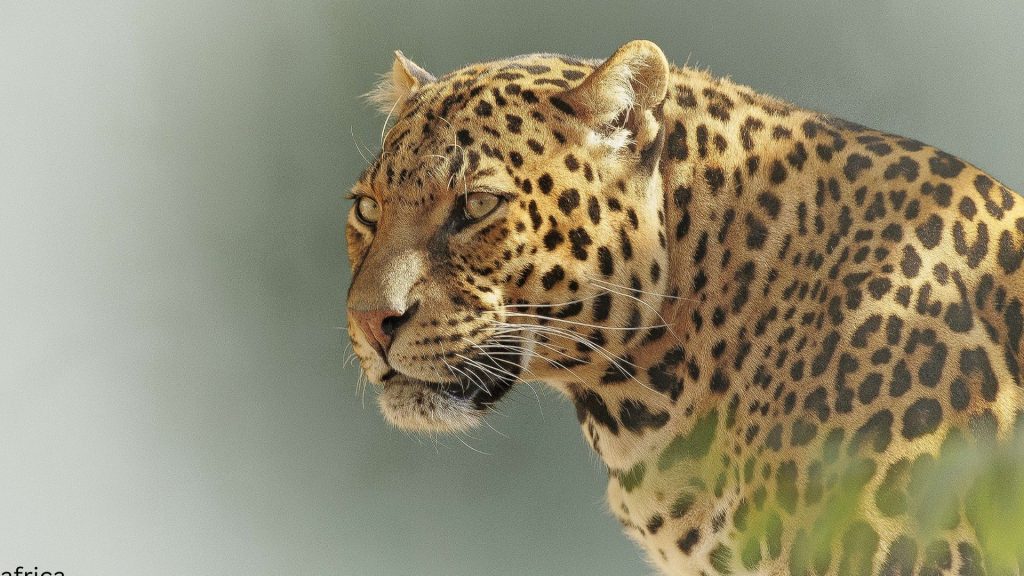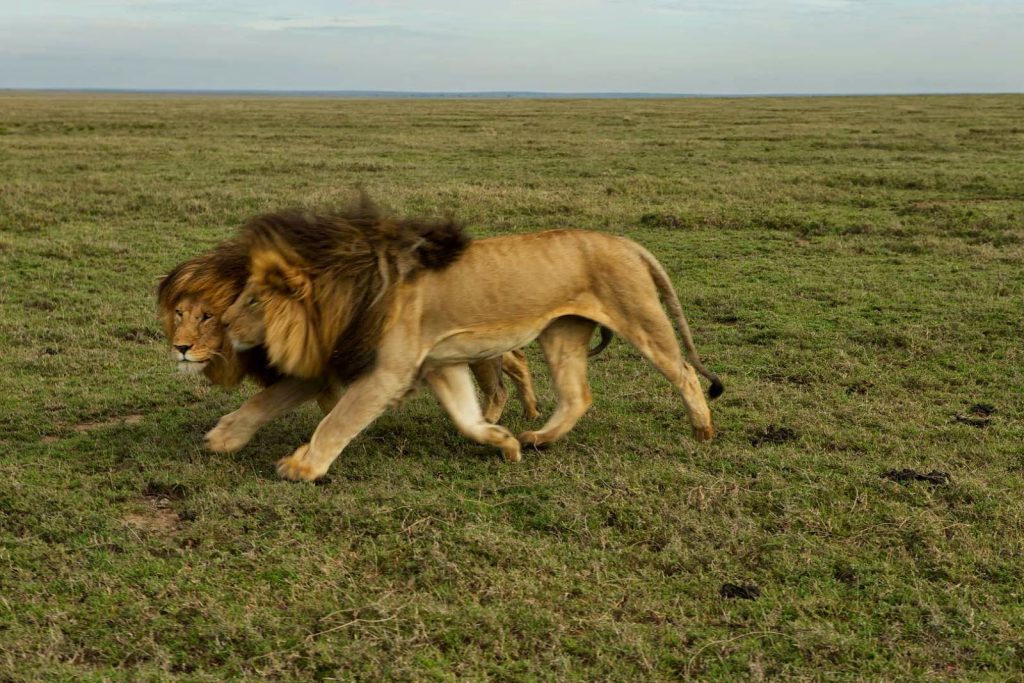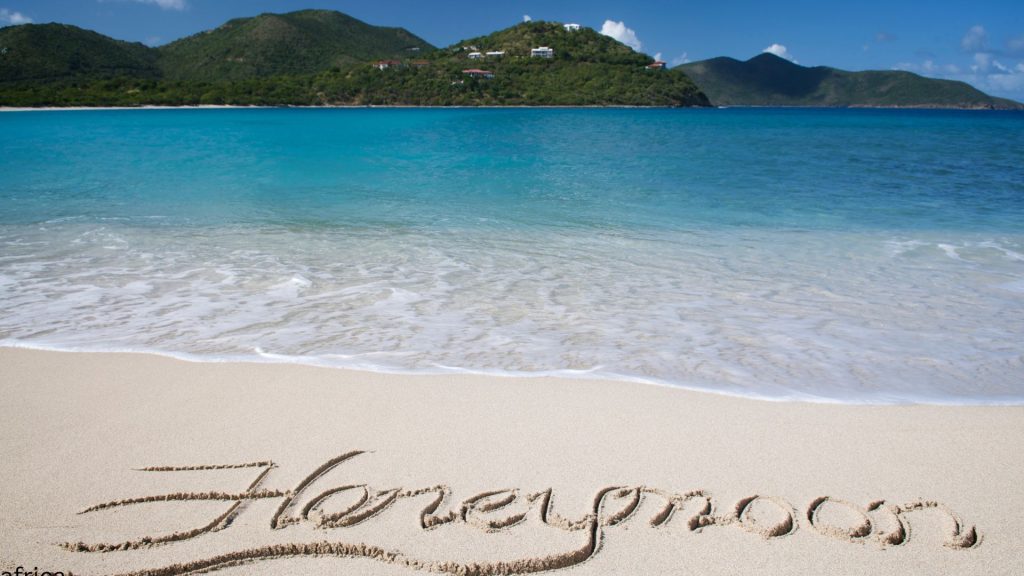10 Best Tourist Attractions In Tanzania
10 Best Tourist Attractions In Tanzania, Tanzania is a once-in-a-lifetime holiday destination, so if you are thinking of visiting, you will likely want to visit as many tourist attractions as possible during your trip. If so, you are in the right place. In this guide, we’ll look at 10 of the best tourist attractions in Tanzania to help you plan your luxury vacation. So, if you want to find out more, keep on reading the article!
10 Best Tourist Attractions In Tanzania
1. Serengeti National Park
First up, you have to travel to the Serengeti during your trip to Tanzania. Just like Mount Kilimanjaro, the Serengeti is one of the biggest tourist attractions of Tanzania, and it is perfect for any animal lover.
These vast plains are home to millions of wildlife and animals passing through. It is home to the Big Five and a very popular location for game drives.
It is also the second-largest national park in Tanzania, and the location of the great wildebeest migration every year. Many people visit Tanzania purely to go on a safari to the Serengeti.
2. Ngorongoro Conservation Area
If you want to go to an area where you can see both immense natural beauty and lots of wildlife, then you should head to Ngorongoro Conservation Area. This area is home to thousands of animals, including some of the Big Five.
Ngorongoro Conservation Area combines both nature and wildlife. This is because the biggest geographical draw to this area is the Ngorongoro Crater.
However, this crater is also home to all the thousands of wildlife that we mentioned earlier. It is a tourist attraction in Tanzania you don’t want to miss!
3. Tarangire National Park
Another great national park to visit for wildlife is Tarangire National Park.
This National Park is perfect for people who aren’t overly interested in seeing the big five and are instead happy to see more relaxed animals in their natural habitat. It is world-famous for its baobab trees, which are enormous with unique shapes that are magnificent to look at.
Tarangire is the national park to go to if you want to spend a significant amount of your vacation bird-watching.
It is also great if you are interested in migratory wildlife, such as buffalo, zebra, wildebeest, and elephants, as all these animals live in the National Park.
Tarangire has the highest concentration of elephants in the world, so if you want to see elephants, this is the place for you!
4. Lake Manyara National Park
As you have probably noticed, quite a lot of the tourist attractions in this guide are national parks.
Tanzania isn’t a country that you visit to spend your time indoors; instead, it is somewhere that you visit to immerse yourself in nature. One of the best places to do this is Lake Manyara National Park.
This national park is incredibly diverse, with areas of grasslands, swamps, woodlands, and forests. A large part of the national park is composed of water, so it is the place to go if you love birds.
It is also home to the largest concentration of baboons on the planet, so if you want to see these beautiful creatures, consider a trip to Lake Manyara.
5. Mount Kilimanjaro
Another huge attraction in Tanzania is Mount Kilimanjaro. For many people, Mount Kilimanjaro is the main reason why they visit Tanzania.
If you are somebody who loves climbing and hiking, climbing Kilimanjaro is the ultimate challenge, and it is something that many people spend years training for.
Mount Kilimanjaro isn’t a tourist attraction for the faint-hearted, and it isn’t one that you can do on a whim either.
But with planning and preparation, you should consider fitting this into your Tanzania vacation.
6. Zanzibar
Zanzibar is famous for its crystal clear waters and sparkling white beaches, so we won’t say too much about them.
But what we will say is that you shouldn’t make a trip to Tanzania without fitting in a trip to at least one of these beaches. If you do, you will live to regret it!
Some of the best beaches in Zanzibar to visit are Paje, Jambiani, Kendwa, and Nungwi, so these are excellent areas to explore during your trip.
7. Stone Town
On the topic of Zanzibar, we have to mention that Stone Town is a UNESCO World Heritage Site, and it is easy to see why. It is unique and very different from all the other attractions on this list. We recommend giving it a visit!
While you’re there, you might also want to pay Changuu Island (a.k.a. Prison Island) a visit to immerse yourself in this country’s history.
8. Nyerere National Park
Nyerere National Park was formerly known as Selous Game Reserve it was the largest game reserve in Africa, and it covers around 5% of Tanzania’s land mass.
It has been a game reserve since the 1920s, and to this day, there are still forbidden areas of the reserve where humans cannot go. Of course, it is now a National Park rather than a game reserve.
Nyerere National Park is home to more than 350 recorded species, and it is truly beautiful. It is worth spending a day exploring this area during your vacation.
9. Ruaha National Park
Ruaha National Park was the largest national park in Tanzania until Selous Game Reserve became Julius Nyerere National Park.
It is an area of immense natural beauty, and it has outstanding viewing platforms where you can observe wildlife in their natural habitat.
Ruaha National Park is one of the most difficult National Parks in Tanzania to access, but this only adds to its beauty.
Tourist visits are possible if you go with a guide who knows the way, and this is often a good idea because Ruaha National Park is in a very remote area.
10. Mikumi
Tanzania really is jam-packed with National Parks, and another one that attracts many tourists to Tanzania is Mikumi.
There are lots of different animals that reside in Mikumi, including zebras, buffalo, elephants, and more.
Of all the different National Parks in Tanzania, Mikumi is the best place to go for lions. Specifically, tree-climbing lions as the chances of you seeing tree-climbing lions in this National Park are the highest in Tanzania.
10 Best Tourist Attractions In Tanzania are definitely worth a visit!
Information about traveling to Tanzania
To enter Tanzania and witness Tanzania tourist attractions, you will probably need to arrive through the country’s largest airports – The Kilimanjaro International Airport and Julius Nyerere International Airport. Once in the country, you can board a bus or train from the big cities to any destination. If you are arriving from Kenya, you can take a bus from Nairobi to Arusha and then to national parks like the Serengeti. Within a town or city, the best means of transport is a private taxi or a small bus, or a Dala-Dala. These stop anywhere and do not have specific schedules or a fixed number of passengers. Tanzania has a good railway network connecting it to its neighbors, Kenya and Zambia. It may not be developed to the highest standards, but it is safe. If you love adventure and marveling at beautiful scenery, take a train.
To enter the country, one needs to have a Tanzania visa. Visas can be obtained from the nearest Tanzanian embassy or diplomatic mission. Getting a visa from the airport and the different ports of entry into the country is also possible. Citizens of the East African Community and some SADC countries may not need a tourism Visa. The tourism visa costs about $50. Tanzania has not yet adopted the multiple-entry East African Tourist Visa system that allows one to enter countries in East Africa simultaneously. Before applying for the Tanzanian Visa, ensure your passport is valid for at least six months. Apply for the Tanzania visa here.
Before traveling to Tanzania, ensure that you have taken a yellow fever shot. A proof of inoculation will be required in the form of a certificate. Malaria is a real threat in Tanzania, and you need to take anti-malarial pills before traveling. You also need to consider vaccinating against hepatitis B, dengue fever, typhoid, and tetanus (they are not a requirement like Yellow fever).
The country’s main currency is the Tanzanian shilling. U.S. dollars and credit cards are widely accepted. That said, we recommend that you get hold of Tanzanian shillings to be on the safe side. You will find yourself unable to use your credit card in some cases. Almost all ATMs do not issue foreign currency. If you are planning to purchase items while in Tanzania, know there are no fixed prices except going to large shopping malls. It is, therefore, essential to learn how to bargain if you plan to stay in Tanzania for a while. Bargaining skills are critical when buying local souvenirs or visiting the central markets.
Like most countries in East Africa, tipping guides, rangers, and hotel staff are things you need to consider. It may be a good or bad thing, depending on your values. Regardless, it is essential to note that many of the Guides and Hotel staff in developing countries are paid poorly. Some work only seasonally. Therefore, it is necessary to reward those who do an excellent job of ensuring that your time is spent well in the country. You will need cash to pay for the tips. If you feel that giving tips creates a dependency syndrome, thank them for any extra good work.
Tanzania has a humid and hot climate for most of the year, depending on the region you are visiting. The best time to visit Tanzania is during the dry season. The dry season falls from May to July and November to March. The rainy season also occurs twice but is more pronounced around April. You will therefore be surprised to find towns and cities close to mountains like Kilimanjaro and Meru colder than your country.
Tanzania is a relatively safe country for both women and men in Africa. It has an advanced community policing system where people are involved in identifying criminals. However, you must exercise caution and avoid traveling at night, especially in large cities like Dar es Salaam. Avoid lone streets and ensure that you move with a Local Guide when in places you are not familiar with. While in the national parks, you must be cautious as you might encounter all kinds of insects, poisonous snakes, and predators. Some of the beaches may have sharks during certain times of the month. Always choose a trustworthy tour operator to manage your safari. Read reviews about the company you plan to use and ensure there are no red flags before sending any money. Your tour operator is very key in ensuring that you are safe at all times.
Last but not least, it is important to travel with proper clothing for both a standard safari and the Indian Ocean beaches. Brightly colored clothes attract insects. Wear something white or put on khakis. Tanzanians are modest



